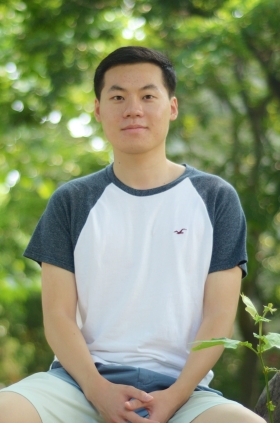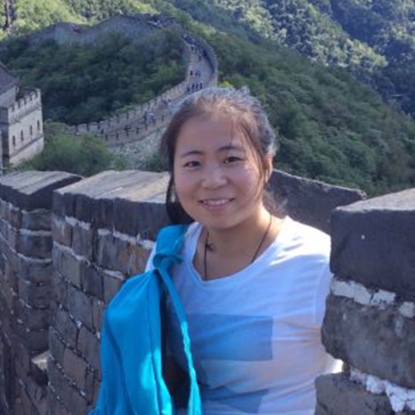By Nellie Wang

Nellie Wang, of the Innovative Green Development Program.
BEIJING – For most of my life, I didn’t care much about our wildlife. Or, feel any need to preserve it.
Several years ago, I even travelled to a remote corner of northwest China, for a holiday at Qinghai Lake: our country’s largest salt-water lake and a serene spot often called “the heaven of birds.” Located near the borders of Tibet and Xinjiang, I was struck by the Qinghai’s emerald-green water – the source of three of our most-famous rivers: the Yellow River, the Yangtze, and the Mekong.
Although the surrounding grasslands are home to the endangered Tibetan Antelope, I wasn’t aware or concerned that they’ve long been poached for their dense but soft, wool-like fur.
However, all that began to change in the Summer of 2014, when a friend called me. Xinmin asked for help, to promote an ecological tour around the Qinghai, in support of a local NGO there, Nature University, which works to raise awareness and protect the area’s wildlife.
Gradually, I began to learn that besides the poaching of Tibetan antelope, many other rare species can be found there, including Przewalski’s gazelles, blue sheep and white-lipped deer. Meanwhile, economic development and increasing tourism had brought degradation of grasslands, garbage dumped around the lake, and rare birds and fish served in restaurants.
I was particularly moved by the story of a Qinghai shepherd who spends much of his own modest earnings to rebuild the environment around his home. Continue reading





